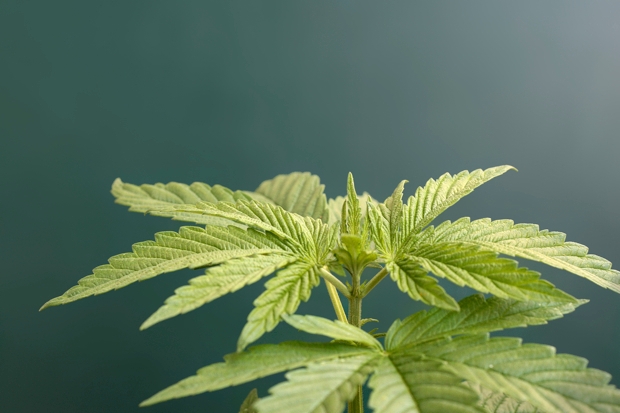Channel 4 is due to air its pseudo-scientific ‘Jon Snow stoned’ show The Cannabis Trials (or Drugs and How Not To Enjoy Them). Presumably intended to reignite national conversation about the government’s antiquated approach to narcotics, it seems unlikely that images of Snow wigging out will do much to advance the debate.
I used to be a regular weed smoker, and contrary to the conclusions of last week’s leader in The Spectator, I take the view that weed should be made legally available on a modestly regulated market, much like alcohol. I am not alone. Last week a new political party was formed under the name CISTA (Cannabis Is Safer Than Alcohol).
In the same week, a team from King’s College London published a study linking heavy skunk use to an increased risk of psychosis. What the Spectator article failed to notice in citing this research was that the study was testing the effects of skunk vs traditional weed. This is an important distinction, and one too often ignored by legislators and older commentators.
The difference is simple enough. Regular weed (also available as a compacted resin known as hash) is the harmless relaxant you remember from your foggy student days. Skunk is a modified form of the same plant with considerably more harmful effects. It has become prevalent because it is the cheapest way to get super high. The reclassification of cannabis has reflected this; since 2009, it has been a Class B drug, because skunk, not weed, now dominates the UK market.
All cannabis contains (among other things) two significant ingredients: Tetrahydrocannabinol (THC) and Cannabidiol (CBD). THC is what gets you high, but is also known to cause psychosis. CBD suppresses the psychotic effects of THC. In regular weed the two are present in a balanced ratio, while skunk typically contains 2-3 times more THC and almost no CBD.
The study found that regular weed caused no increased risk of psychosis, while skunk smokers were three times more likely to experience psychotic episodes.
In the UK 80 per cent of cannabis sold on the street is skunk, and 24 per cent of new cases of psychosis are linked with its use. Clearly the answer is not prohibition. People haven’t stopped smoking dope because it’s banned, but they’re subjected to the dangers of an inferior product because there is no quality control and no freedom of consumer choice. Skunk is the moonshine of the modern black market for weed.
Most of what’s available in London is called Amnesia, but there’s also Sour Diesel, Durban Poison, and I once bought something called Vanilla Aneurism. You get the sense of it. It’s all skunk and it all messes you up.
For comparison, I once spent nine months in France smoking hash every day. I had a great time and felt no ill effects. Over a similar period in London I smoked skunk every day and had frequent episodes of delusional paranoia. By the end I was verging on psychotic. I believed that I was, variously, the Devil, a Jason Bourne style narcoleptic/amnesiac assassin, and the subject of a high-level government investigation.
If I’d had the choice I would have bought hash, but in London it isn’t available unless you know a specialist dealer and are prepared to travel to Hendon (or somewhere) to pick up your slimy wrap of Afghan Squidgy Black.
There was, briefly, an alternative. Silk Road was the online marketplace where buyers and sellers could remain anonymous, and leave Amazon-style reviews rating the quality of product and service. It gave buyers an informed choice and made the safer organic strains easily available. It cut out the dangers of buying on the street, as well as the risks of not knowing what you’re getting.
It worked, but the FBI shut it down. Other online markets have sprung up since, but buyers are wary since the heavy-handed crackdown was revealed to include storing details of users and the confiscation of digital currency This has pushed consumers back onto the street with no control over what they can buy.
I don’t expect Jon Snow and pals to conclude that weed should be freely available, but I’m hopeful that their experiment will at least highlight the difference between regular weed and skunk, and herald the start of a more informed public conversation.
Charlie Lyons is a freelance writer






Comments